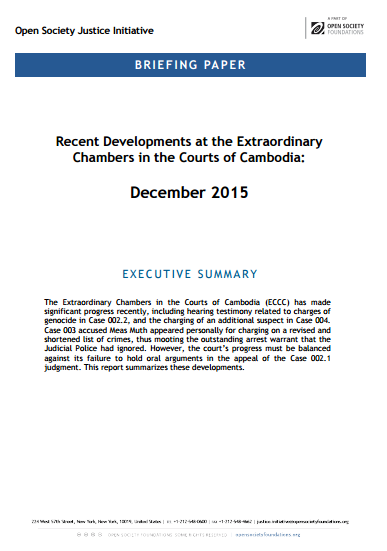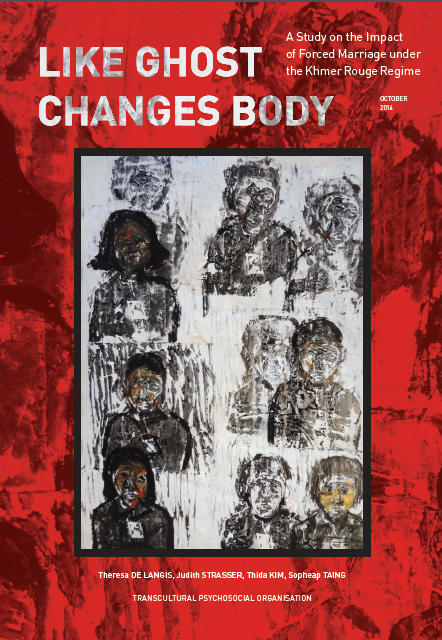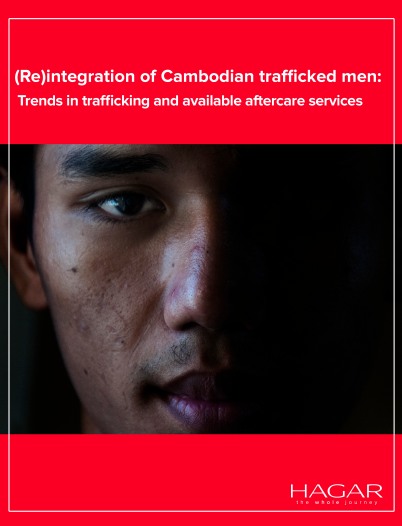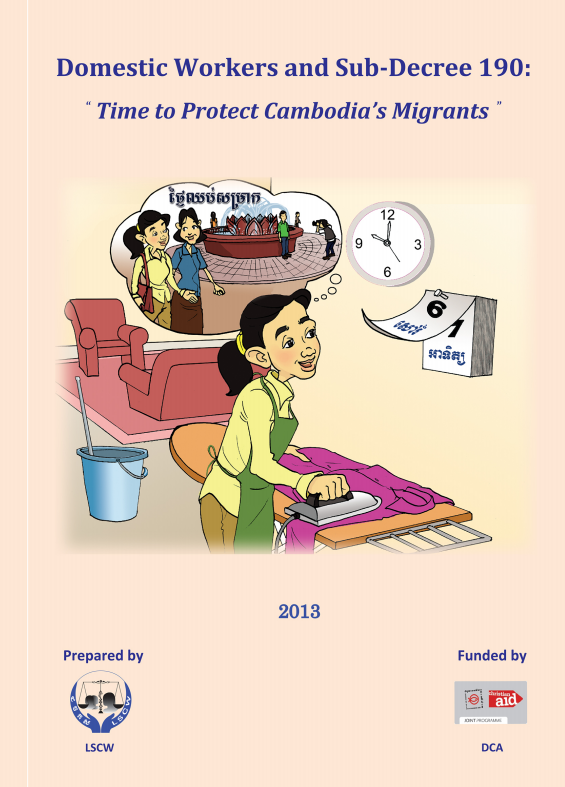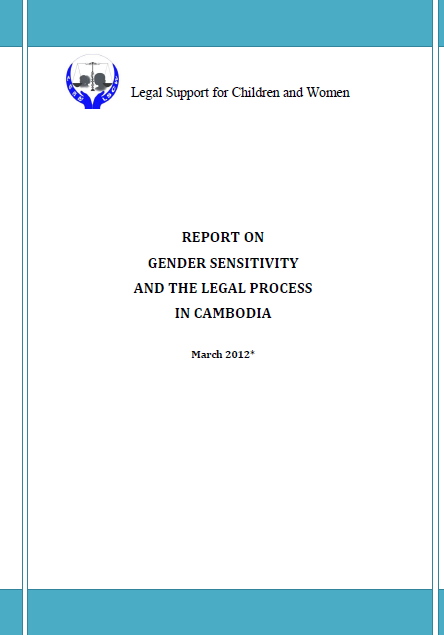Latest Entries
Recent Developments at the Extraordinary Chambers in the Courts of Cambodia
Publication Year: 2015 / Sources: Open Society Justice InitiativeThe Extraordinary Chambers in the Courts of Cambodia (ECCC) has made significant progress recently, including hearing testimony related to charges of genocide in Case 002.2, and the charging of an additional suspect in Case 004. Case 003 accused Meas Muth appeared personally for charging on a revised and shortened list of crimes, thus mooting the outstanding arrest warrant that the Judicial Police had ignored.
Download: English | Khmer“Like Ghost Changes Body”: A Study on the Impact of Forced Marriage under the Khmer Rouge Regime
Publication Year: 2014 / Sources: Judith Strasser, Transcultural Psychosocial Organization (TPO)Nearly 40 years after the fall of the genocidal Khmer Rouge regime (1975-1979) the forced marriages and enforced conjugal relations experienced by thousands of Cambodians continue to be little understood as a central part of the general atrocity. These marriages eliminated choice, were without consent, and took place within a context of severe coercion. They deprived victims of the basic right to self-determination in a central life decision, and in many cases they resulted in sexual and physical abuse, psychological trauma, economic deprivation, religious exclusion, and social discrimination. The consequences of the Khmer Rouge policy continue until today. (…) The research study is based on interviews with 106 Civil Parties to Case 002 about their experiences of forced marriage under the Khmer Rouge regime.
Download: English | Khmer(Re)integration of Cambodian Trafficked Men: Trends in Trafficking and Available Aftercare Services
Publication Year: 2015 / Sources: Hagar CambodiaMen constitute a significant proportion of the identified victims of trafficking in Cambodia. While there is no coordinated database of victim numbers, between 2011 and 2014, males comprised 59 per cent of trafficking victims assisted by the Counter Trafficking in Persons Program Phase II, and more than 88 per cent of those assisted by the International Organization for Migration Cambodia. The aim of this research is to inform service providers who seek to fill the gap in aftercare for men.
Download: English | KhmerDomestic Workers and Sub-Decree 190: Time to Protect Cambodia’s Migrants
Publication Year: 2013 / Sources: Legal Support for Children and Women (LSCW)On August 17th, 2011, the Royal Government of Cambodia enacted Sub‐Decree #190 on The Management of the Sending of Cambodian Workers Abroad through Private Recruitment Agencies. The Sub‐Decree is a regulation that replaces the previous Sub‐Decree #57 on Sending Khmer Migrants Abroad (1995). The Sub‐decree establishes the Ministry of Labor and Vocational Training (MoLVT) as the authority to grant licenses to Cambodian recruitment agencies to send workers abroad
Download: English | KhmerGender Sensitivity and the Legal Process in Cambodia
Publication Year: 2012 / Sources: Legal Support for Children and Women‘Gender sensitivity’ is the ability to recognize, accept and examine gender issues and concerns. This report considers gender sensitivity particularly towards Victims and Women during the legal process (from initial interviews with Victims and Women through to trial) in Cambodia. It seeks to identify strengths and weaknesses in relation to gender sensitivity during the legal process.
Download: English | Khmer
